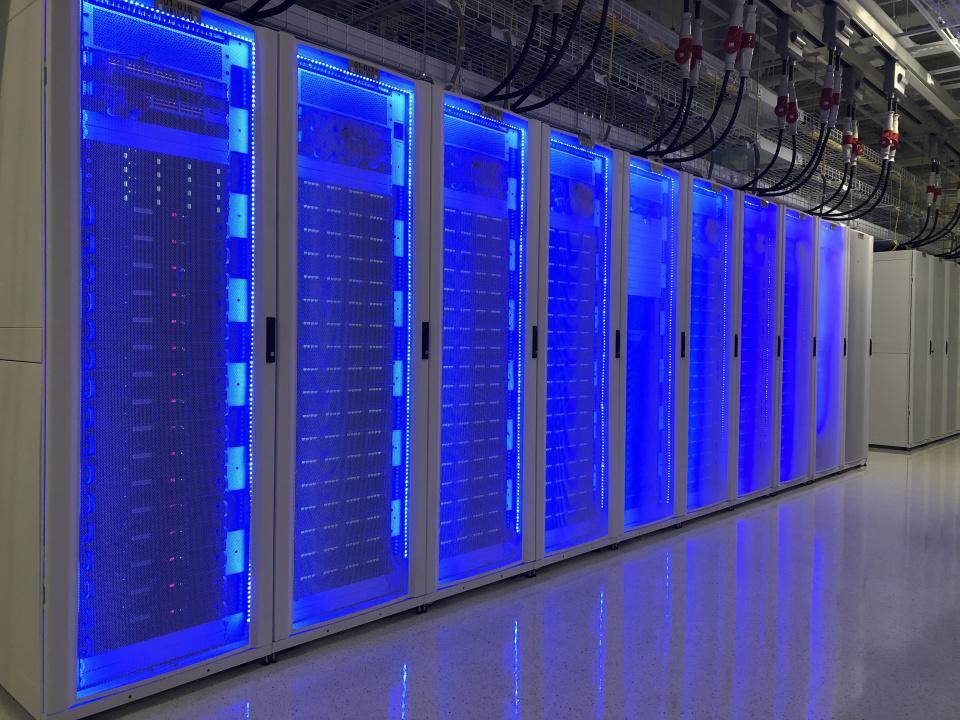
Supercomputer that can compute faster than 8 billion humans combined being built in US
In a groundbreaking development, the National Science Foundation (NSF) has awarded a $20 million grant to a team of researchers at Georgia Tech, along with their partners, to build a supercomputer that can compute faster than eight billion humans combined. Dubbed ‘Nexus’, this cutting-edge system will utilize artificial intelligence (AI) to accelerate scientific breakthroughs and push the boundaries of human knowledge.
Located in the United States, the Nexus supercomputer is expected to be one of the most powerful computing systems in the world, with an astonishing 10 quadrillion bytes of flash storage. To put this into perspective, 10 quadrillion bytes is equivalent to storing the contents of over 200 million DVDs. This level of processing power is unprecedented and will enable scientists to tackle complex problems that were previously impossible to solve.
The Nexus supercomputer will be designed to work in tandem with AI algorithms, allowing it to analyze vast amounts of data and make predictions with unprecedented accuracy. This will have far-reaching implications for various fields, including medicine, astronomy, and climate science. For instance, researchers can use Nexus to analyze massive datasets to develop new treatments for diseases, simulate complex weather patterns, and model the behavior of galaxies.
The team behind the Nexus project is led by Dr. David Bader, a renowned computer scientist and director of the Georgia Tech Institute for Data Engineering and Science. Dr. Bader has emphasized the significance of this project, stating, “The Nexus supercomputer will be a game-changer for scientific research, enabling scientists to tackle complex problems that were previously unsolvable. With its unprecedented processing power and AI capabilities, Nexus will accelerate breakthroughs in many fields and drive innovation.”
The development of Nexus is also expected to have significant economic benefits for the United States. The supercomputer will create new job opportunities in the fields of data science, AI research, and software development, while also attracting top talent from around the world to work on the project.
Georgia Tech is partnering with several other organizations on the Nexus project, including the University of Tennessee, the University of California, Los Angeles (UCLA), and the Pittsburgh Supercomputing Center. The team will work together to design and build the supercomputer, with Georgia Tech serving as the lead institution.
The $20 million grant from the NSF will cover the costs of building the Nexus supercomputer, as well as the development of the AI algorithms and software that will power it. The project is expected to take several years to complete, with the first phase focusing on designing and building the supercomputer’s hardware and software.
The Nexus supercomputer is a testament to the power of collaboration and investment in scientific research. As the world faces increasingly complex challenges, it is more important than ever to have the tools and resources necessary to tackle them. The Nexus supercomputer will be a vital asset for scientists and researchers, enabling them to make groundbreaking discoveries and drive innovation.
Source: https://news.gatech.edu/news/2025/07/15/georgia-tech-build-20m-national-ai-supercomputer






